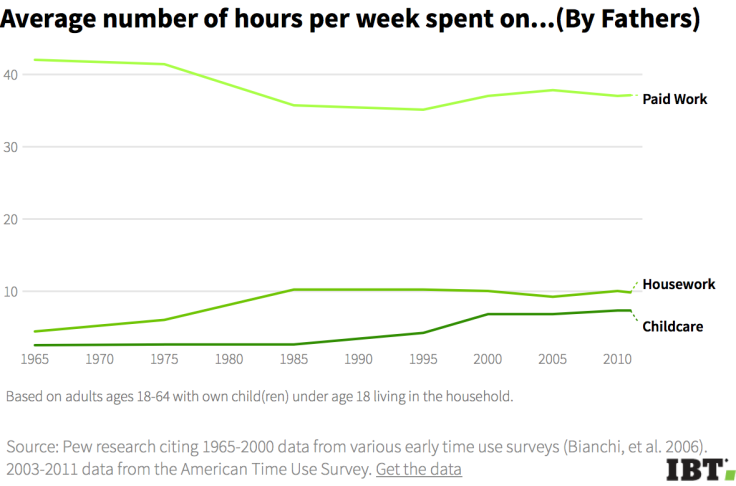How To Have The Best Sex: This May Need Rewiring Your Belief System, Studies Say

The key to better sex may not be tucked away in the pages of dated magazines found in doctors' waiting rooms. Instead, look for it in your beliefs and philosophies, according to two studies.
Assessing the “sexpectations” of 1,900 people, research conducted by a University of Toronto social psychology researcher published on Nov. 7 suggests that people in long-term relationships that are most satisfied with their sex lives — termed by the researchers as believers in sexual growth — hold that a happy sex life takes hard work and effort.
Jessica Maxwell, a Ph.D. candidate in the department of psychology at the University of Toronto and the author of the study, said that, contrarily, those with less satisfactory sex lives held onto the belief of sexual destiny and felt that if a person was truly right for them, then good sex would automatically result. Maxwell said that after the initial "honeymoon phase," which may last about two to three years, sexual satisfaction and desire between both groups — believers in sexual growth and sexual destiny believers — begins to ”ebb and flow.”
“We know that disagreements in the sexual domain are somewhat inevitable over time,” says Maxwell. “Your sex life is like a garden, and it needs to be watered and nurtured to maintain it.”
The study also notes that though, when compared to men, women are more susceptible to “soulmate and romantic destiny stories,” perhaps due to the influence of media and pop culture on sexual beliefs, women are still more likely than men to fall into the group of believers in sexual growth.
“I think that this could be because there is some evidence that sexual satisfaction takes more work for women, so they rate higher on the sexual growth scale,” Maxwell says, noting that the media's influence has conditioned people to accept that other non-sexual aspects of a relationship, such as the division of household chores, takes work and effort.
However, another related study published last year, which judged relationship quality by assessing relationship satisfaction and conflict, including things such as sexual frequency and quality of sex life through data from the 2006 Marital and Relationship Survey, concluded that couples who divide childcare duties have higher quality sex lives and relationships compared to those where the women do all or most of the work involved in looking after children.

The study, by sociologists from Georgia State University, found that out of 487 heterosexual couples, the childcare arrangement that is "really problematic" for the couple's relationship is where the women take on most of the responsibilities.
Although the study says that for both men and women, “egalitarianism is associated with higher quality, more intimate relationships than gender traditional arrangements,” women may continue to be those left sexually unsatisfied in a relationship as they still spend twice as much time caring for the children (and nearly twice as much time doing housework) as do men, according to data from the Pew Research Center.
© Copyright IBTimes 2024. All rights reserved.






















